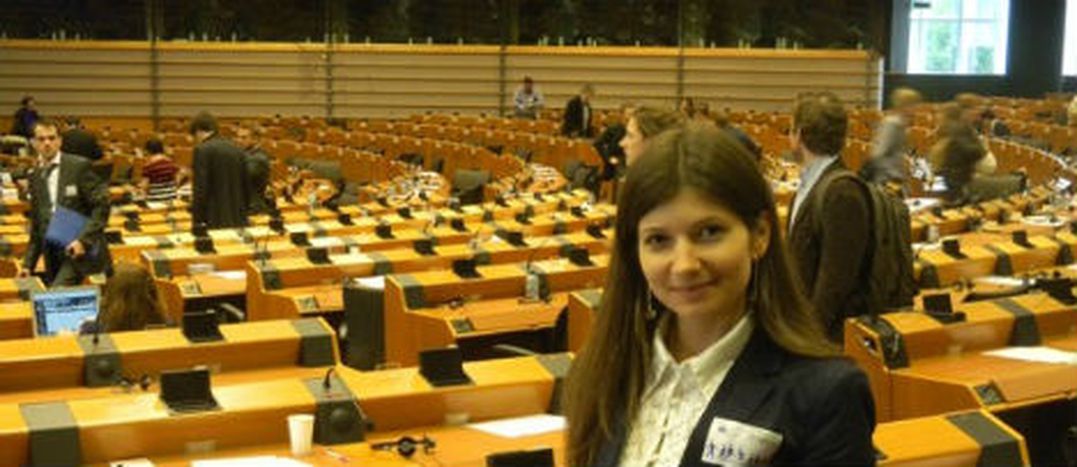
Trapped Between Two Educational Systems
Published on
Written by Maria Vizdoaga
Education saves people. It opens doors and creates new opportunities for development and change. Education changes mentalities and shapes patterns. These are the main conclusions I can draw after experiencing two different educational systems: one in Moldova and the second one in the Netherlands.
During the last year of my Bachelor in Economic Law at the Academy of Economic Studies of Moldova, along with preparing for the state exams, I was applying for Master programs in the European Union countries. This personal initiative resulted not only from the fact that I did not feel ready to embrace the Moldovan working class yet, but also I somehow knew that I needed to study more, but this time in a different educational system. After half a year of writing and submitting applications, followed by rejections and partially being accepted, the University of Leiden offered me the Platinum Excellence Scholarship. This grant made it possible to enroll in a Masters program in European Union Studies at one of the oldest European universities. This was one of the happiest moments of my life. Many people might find my enthusiasm naive, especially those who had the chance to study in a good educational system all their lives and cannot imagine that such methods as ‚rewriting everything the teacher says’ still exists in some countries. Even though both Moldova and the Netherlands implemented the Bologna requirements in their educational systems, in practice there are still huge differences.
From my personal experience, I identified 4 categories of differences between the post-soviet Moldovan education and the Dutch one:
1. The attitude of teachers.
In Moldova, many teachers feel like gods and demand a weird type of respect from their students. Moreover, independent thinking and confronting ideas are not welcomed in the Moldovan universities, since the teachers might perceive these actions as undermining their ‚authority’. On the other hand, a teacher in a Dutch university would feel almost offended if he or she would not get confrontation from his or her students, because this would mean that the lecture was not interesting.
2. The attitude of students.
This is a little bit tricky in the case of Moldovan students, because in my opinion, there is a huge gap between very hard-working students and very irresponsible students. Therefore, it wouldn’t be fair to have a general opinion regarding the attitude of Moldovan students towards education. In comparison to the Dutch students, the Moldovan students do not know their rights and if they do, then they are extremely humble when it comes to defending them. This attitude is based on two factors: fear from embarrassment and the lack of knowledge. I was amazed how far Dutch students would go in order to defend their rights, or to prove that they are right.



